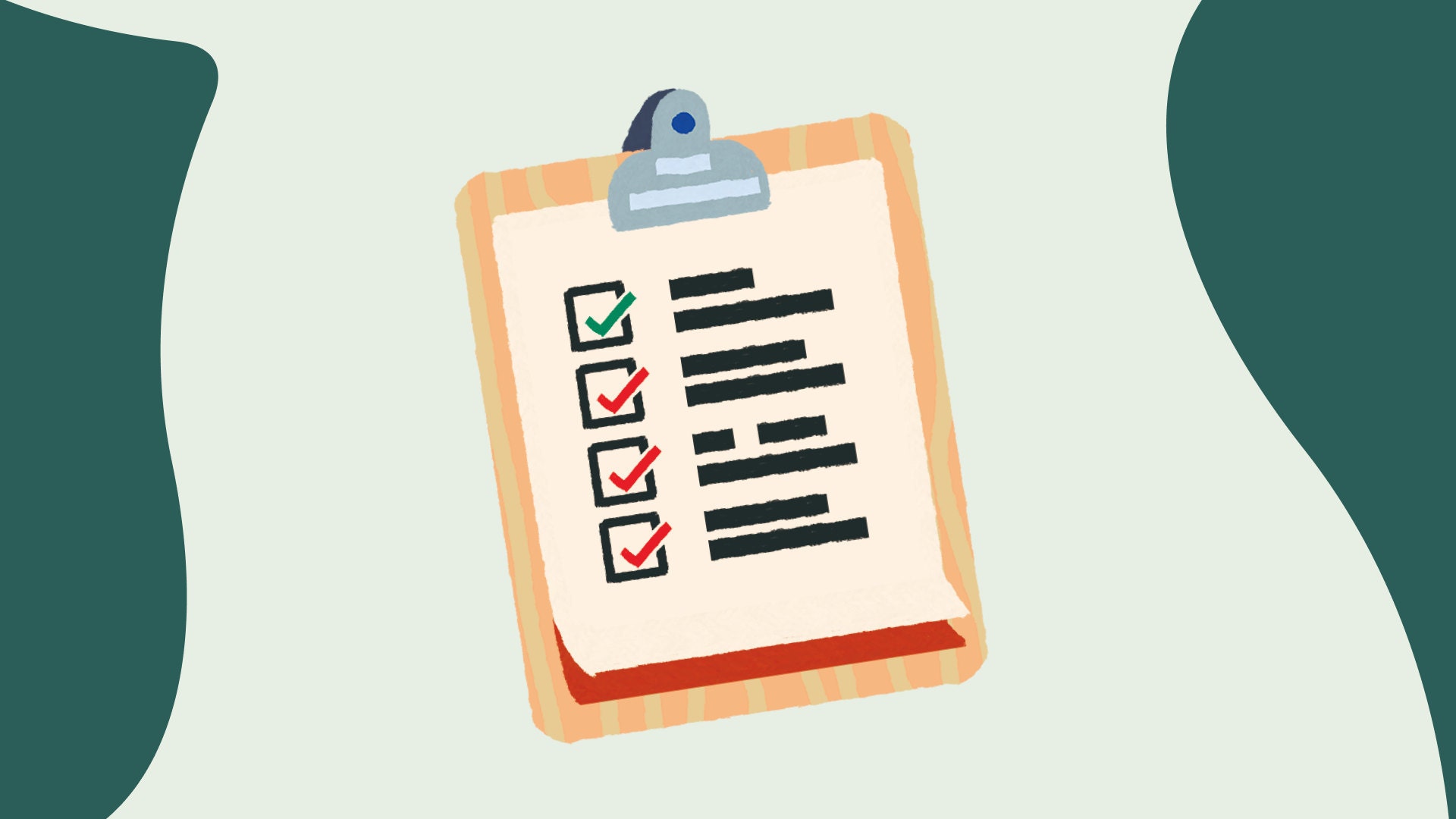You’ve read online resources, organized your documents, and learned everything you can about taxes. Great! At this point, you might have questions specific to your own finances that can’t be answered by the internet alone. If so, it may be time to talk to a tax professional.
Why you should talk to a tax professional
You may be wondering about the tax implications of your recent move, need help updating your taxpayer information with the IRS, or you aren’t sure which of your receipts can be written off as business expenses. When it comes to talking in detail about your personal financial situation, it’s beneficial to find a tax professional who can offer both guidance and assurance that you’re providing the right forms and taking the right steps in filing your tax return.
How to find a tax professional
Since you’re trusting your tax professional with your personal information and, in some cases, the preparation of your tax return, it’s important that you research providers in your area and choose someone with the proper credentials. The IRS has a list of tips to consider when choosing your tax preparer. Also, check your state’s Department of Taxation and Finance website—many states have advice about choosing a tax preparer that is specific to your area.
Getting ready for your meeting
When you set up your first meeting with your tax professional, ask what forms and paperwork you should bring with you. You can often find this information on your tax preparer’s website.
Below is a non-exhaustive list of some forms that you should have on hand. Everyone’s situation is different, so your tax preparer will be able to advise on what other documents you may need.
- All of the taxpayer identification numbers that you use, whether it’s a Social Security Number, an Individual Taxpayer Identification Number, an Employer Identification Number, or a combination.
- All income forms that you’ve received from your employer, the IRS, or other online marketplaces, including the 1099-K form from Etsy. Learn about necessary income forms for tax filing.
- Receipts or payment information about business-related expenses that you may be able to deduct during your filing. This can include the purchase of materials, the rental of your studio space, or other costs of running your business. If you’re not sure if something qualifies as a business expense, bring it along anyway—your tax professional is the perfect person to help clarify this for you.
You should also be ready to answer some basic questions about your business, household, and residency. For instance, did you live in the same state all year? Which countries did you sell products to? How many dependents live in your household?
If you find yourself frustrated while digging through a shoebox of receipts, consider incorporating some of our tips for a more organized tax season throughout the year to make your next tax filing a breeze.
Gathering your tax questions
There’s no shortage of potential questions you can ask a tax professional. Here are some questions that Etsy sellers often have during tax season:
- My 1099-K form information from last year is incorrect. How can I fix it?
- How do I report expenses to ensure I’m only paying tax on my net profit?
- How do I split my 1099-K between two different taxpayer numbers?
- What are the federal reporting requirements versus the requirements for my state?
Remember, if you’re unsure about anything, ask! Your tax professional will be more than happy to provide clarification.
Alternatives to an in-person tax professional
Perhaps a tax professional isn’t in the budget for this year, and that’s OK. There are other resources available that are free or affordable.
IRS Free File is a guided tax preparation program that provides tax help for people under a certain income level at no cost. Please note: You must be filing as an individual to use this program.
The IRS also has an Interactive Tax Assistant with a confidential search field you can use to find answers about your filing status, potential deductions, and other questions.
Finally, consider filing your taxes with TurboTax Self-Employed. You can choose an option that offers unlimited expert advice, and as an Etsy seller, you can get at least 15% off the usual price. (Paid partnership. Terms apply.)
 Words by Etsy Staff
Words by Etsy Staff




